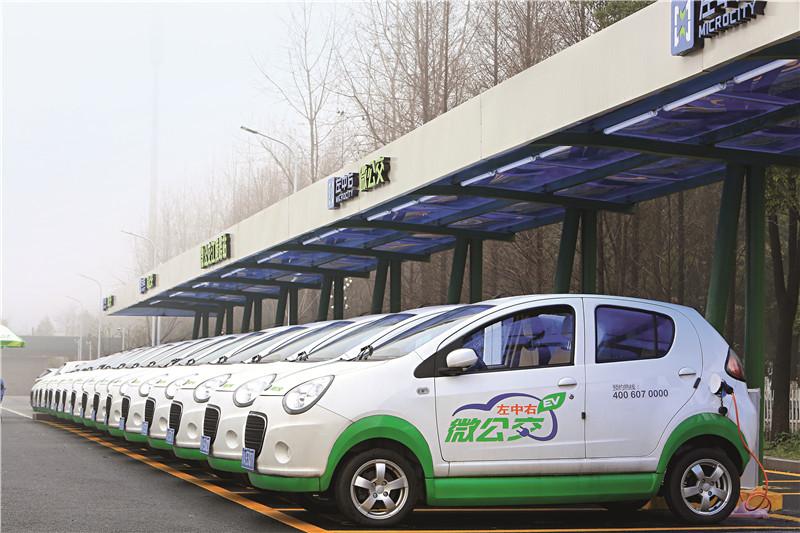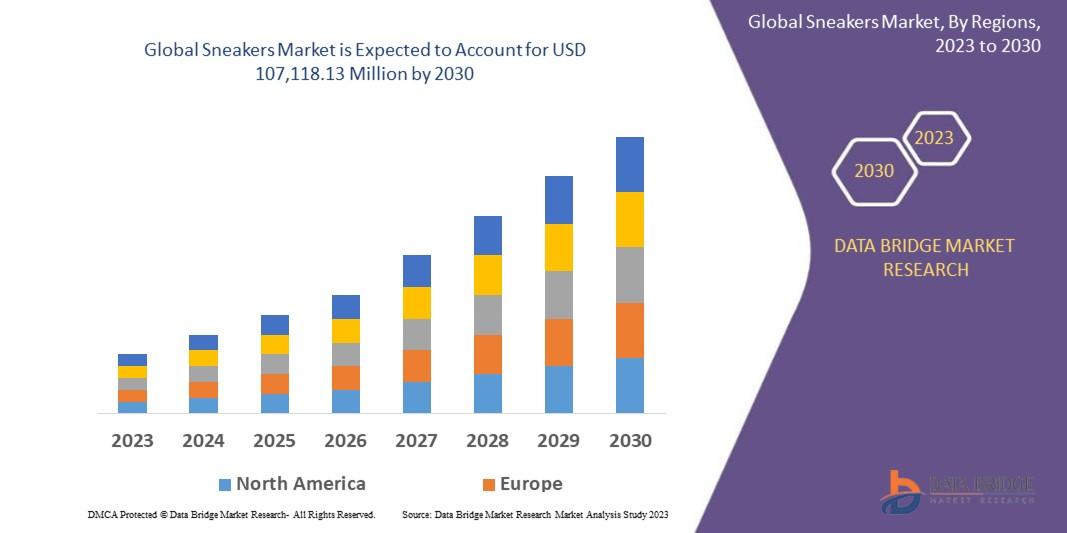Electrifying Journeys: How the US Car Rental Industry is Going Green

Introduction
The US Electric Car Rental Market is rapidly expanding as sustainability, cost efficiency, and convenience become central to modern mobility preferences. Electric vehicle (EV) rentals are reshaping the car rental industry by offering eco-friendly alternatives that appeal to both environmentally conscious consumers and corporate fleets aiming to reduce their carbon footprint. With rising fuel prices, stricter emission regulations, and rapid EV infrastructure development, rental companies across the United States are transitioning from traditional internal combustion engine (ICE) vehicles to fully electric fleets. Supported by government incentives and growing public awareness of clean mobility, the US electric car rental market is becoming a crucial segment within the nation’s sustainable transport ecosystem.
Market Drivers
The primary driver behind the US electric car rental market is the country’s accelerating EV adoption and growing demand for sustainable transportation options. Consumers increasingly prefer electric rentals for their lower running costs and zero-emission benefits. Major rental players such as Hertz, Enterprise, and Avis are heavily investing in expanding their electric fleets, often collaborating with manufacturers like Tesla, Polestar, and GM. Federal and state-level tax credits and infrastructure grants further strengthen the market by supporting EV charging expansion across major airports, cities, and highways. The rise of smart mobility platforms and mobile-based rental apps also enhances convenience, allowing customers to book and manage electric vehicles seamlessly. Additionally, the corporate segment—especially in technology and tourism industries—is adopting EV rentals to meet sustainability targets and reduce fleet emissions.
Market Challenges
Despite growing adoption, the market faces several challenges, including limited fast-charging availability in certain regions and the relatively high acquisition cost of electric vehicles compared to ICE vehicles. While EV range continues to improve, range anxiety remains a concern for renters unfamiliar with electric models. Maintenance and fleet management for EVs require specialized training and infrastructure, posing challenges for smaller rental agencies. Furthermore, fluctuations in electricity prices and the need for consistent nationwide charging standards can affect operating efficiency. Seasonal rental demand variations and the high initial capital investment required to electrify large fleets also create financial constraints for market participants.
Market Opportunities
The shift toward electrification presents vast opportunities for growth and innovation in the US electric car rental market. As EV technology evolves, rental companies can leverage vehicle telematics and AI-driven analytics to optimize fleet utilization, battery management, and customer experience. Collaborations with charging network providers such as Electrify America and ChargePoint can expand accessibility, addressing one of the key consumer concerns. The increasing adoption of renewable energy-powered charging stations provides rental agencies an opportunity to achieve net-zero operations. Additionally, the tourism sector’s focus on sustainable travel and the integration of EV rentals with ride-sharing and subscription-based models will open new avenues for market expansion.
Regional Insights
Regionally, states like California, New York, and Florida lead the US electric car rental market. California remains the epicenter due to its ambitious zero-emission vehicle policies, widespread charging infrastructure, and eco-conscious consumer base. New York and Washington are following suit, integrating electric rentals into smart city transportation systems. In the southern and midwestern states, increasing infrastructure investments and government initiatives are gradually improving adoption rates. Airports in major cities such as Los Angeles, San Francisco, Miami, and Chicago are becoming key hubs for EV rental demand as both leisure and business travelers seek sustainable alternatives.
Future Outlook
The future of the US electric car rental market is bright, driven by rapid advancements in EV technology, charging infrastructure, and digital fleet management solutions. Over the next decade, rental fleets are expected to shift predominantly toward electric models, aided by declining battery costs and strong policy support. The integration of autonomous driving features and connected vehicle technologies will further enhance the rental experience, offering safer and more efficient travel. Subscription-based rental models and partnerships between automakers and rental firms will redefine mobility access, especially for short-term urban users. By 2035, the majority of car rental fleets in major US metropolitan areas are expected to be electric, marking a significant step toward carbon-neutral mobility.
Conclusion
The US Electric Car Rental Market stands at the forefront of the nation’s transition toward sustainable transportation. As consumer awareness, government support, and technological advancements align, EV rentals are transforming the car rental landscape from convenience-driven to eco-conscious. Despite infrastructure challenges, innovation in fleet management, charging integration, and digital user experience will accelerate adoption. The growing preference for clean mobility ensures that electric rentals will soon become the standard choice for both everyday travelers and corporate clients, steering the US mobility ecosystem into a greener and smarter future.



